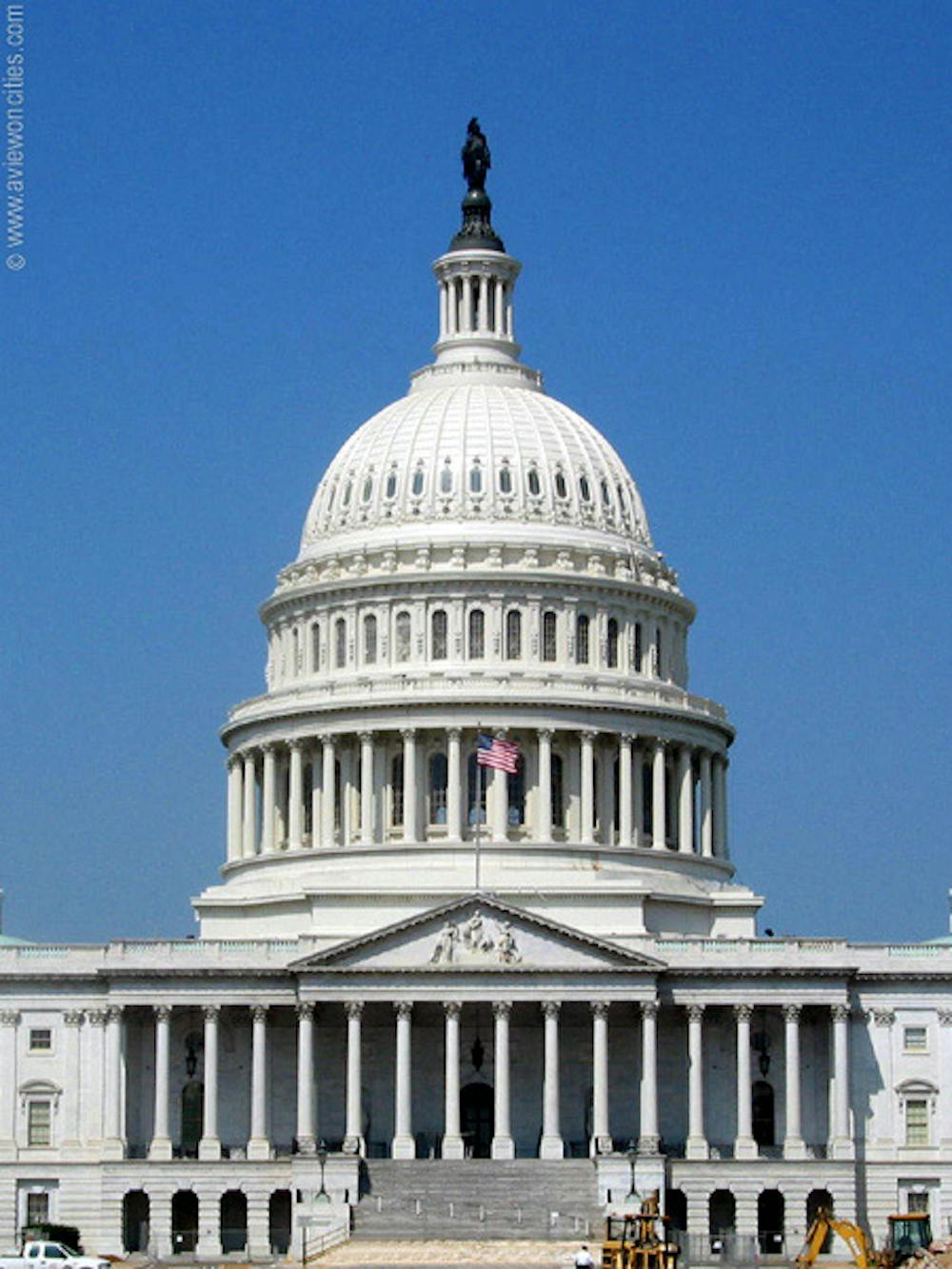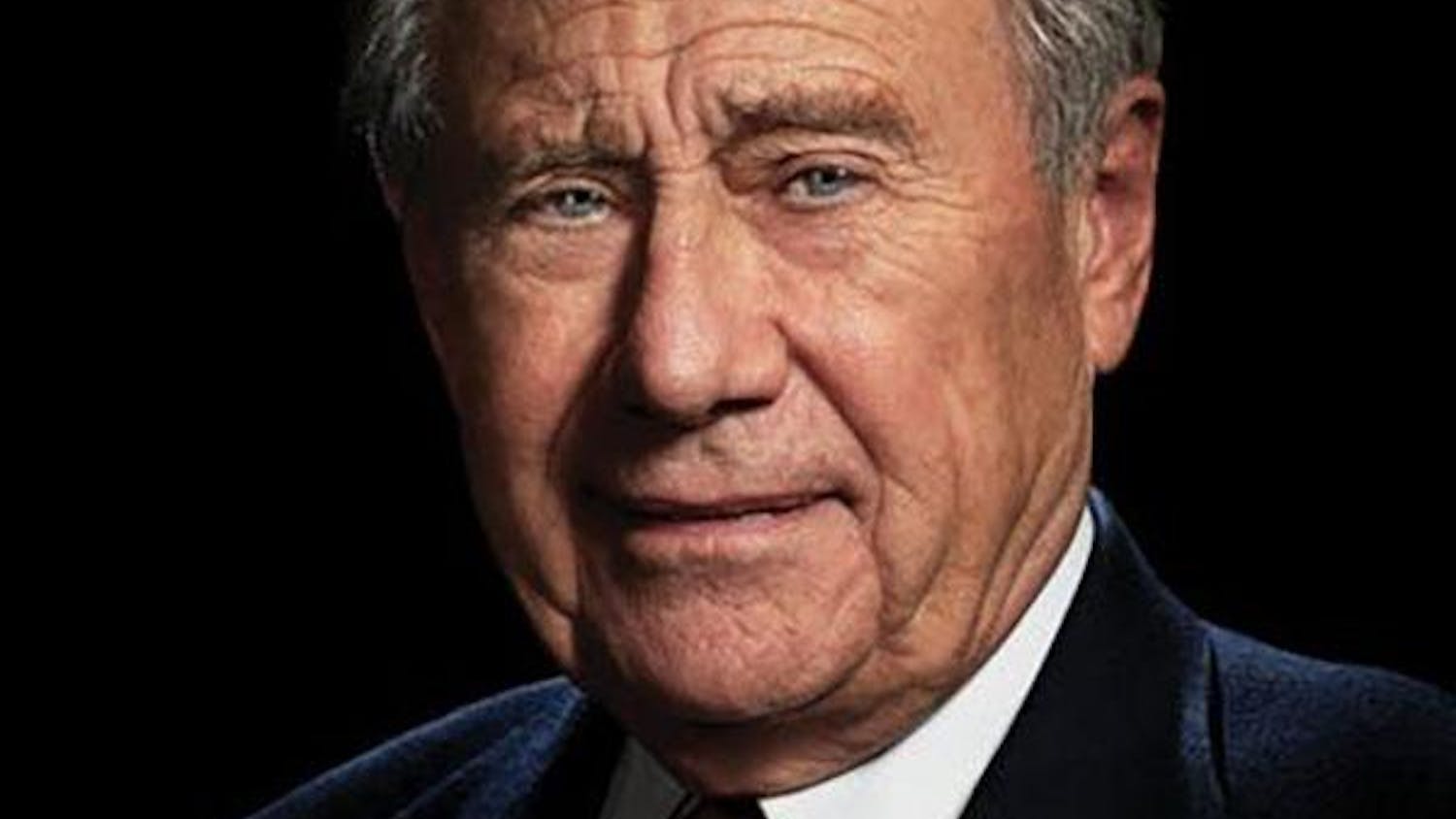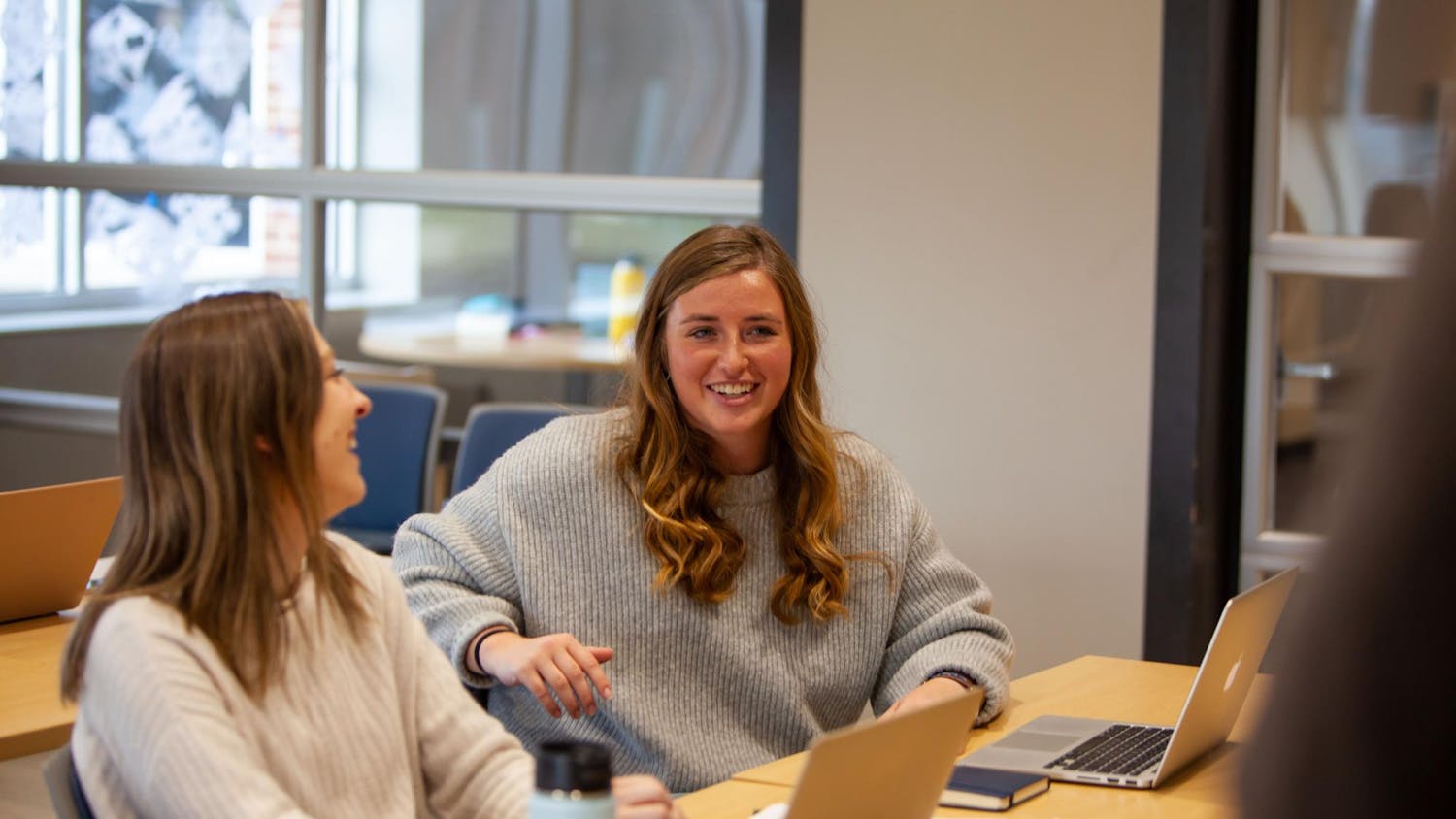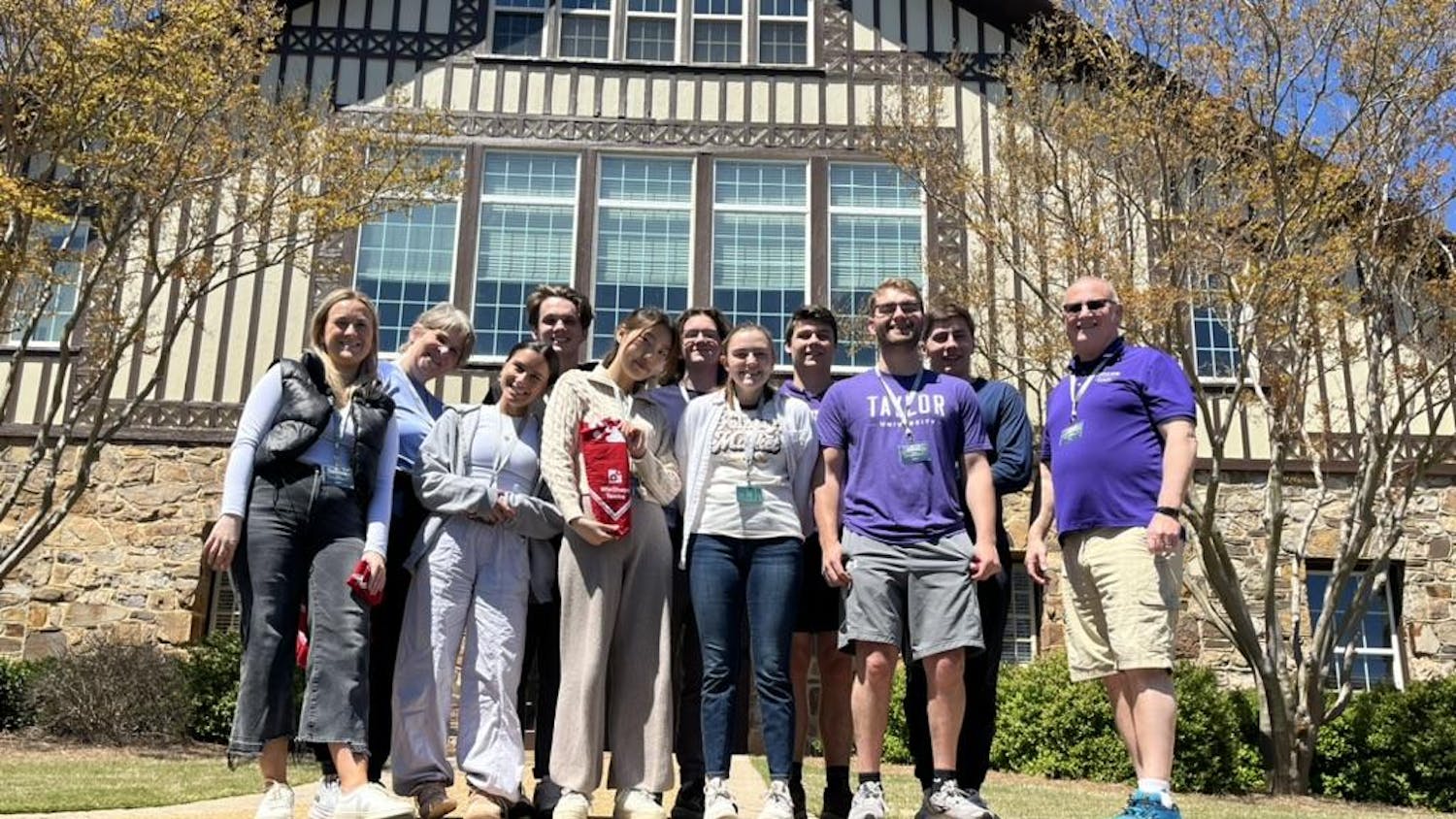Hannah Haney | Echo
The political science department has gone through a few faculty changes in the past five years. Stephen Hoffman retired and Philip Loy began working part time. Nicholas Kerton-Johnson was hired as assistant professor of political science and international relations in 2010. Stephen King came on board as department chair just a year later.
These changes in leadership have brought about changes in the structure of the department.
With Loy's blessing and counsel, King and Kerton-Johnson have begun to examine the department and see what could be improved. They have asked students to help in this process.
"Midway through last semester, Dr. (Kerton-Johnson) and Dr. King and Loy decided to make a political science student advisory council with two representatives from each class," said sophomore Charlie Richert, who is one of his class representatives.
The Political Science Student Advisory Council (PSSAC) allowed King and Kerton-Johnson to communicate with students to see what needs were and weren't being met within the department.
"The basis of (the committee) was that we wanted to have (the students') input. We wanted to empower them; we wanted to give them the opportunity to address issues they knew from a student perspective needed to be addressed," King explained.Kerton-Johnson clarified the nature of the relationship between the PSSAC and faculty.
"We're not saying that they have a kind of veto over our choices; obviously we're still the faculty in charge," Kerton-Johnson said. "But thus far we haven't done anything that they've disagreed with. We have really bright students that come up with good suggestions."
One result of this partnership is three new courses the political science department will be offering this spring: Grassroots Politics, Introduction to Public Administration and Intelligence and National Security.Grassroots Politics will be taught by King and will look at the role of the government and various governmental processes at the local level.
"We're going to be talking about the role of individuals and processes and institutions and people at the local/grassroots level and how they can engage to further and advance a particular cause," King said.
King will also be teaching Introduction to Public Administration, a survey course to public administration, which is a division of political science."We'll cover everything from politics of budgeting and personnel matters and organizational issues, and we'll also look at themes . . . we've been dealing with (over) the last half-century or so," King said.
Intelligence and National Security will be taught by Tony Manganello, who is currently the director of the Taylor Fund, but who formerly worked for the U.S. Secret Service. The course will look at the military's role in national security. It will also discuss the history of intelligence and national security and how these pertain to discussions of foreign policy, according to King.
"Government is really important because it affects our lives every day, whether we know it or not. It's important to be civically aware and engaged, so that when you go to the ballot box you know who you're voting for, what those people are standing for," Richert said.




